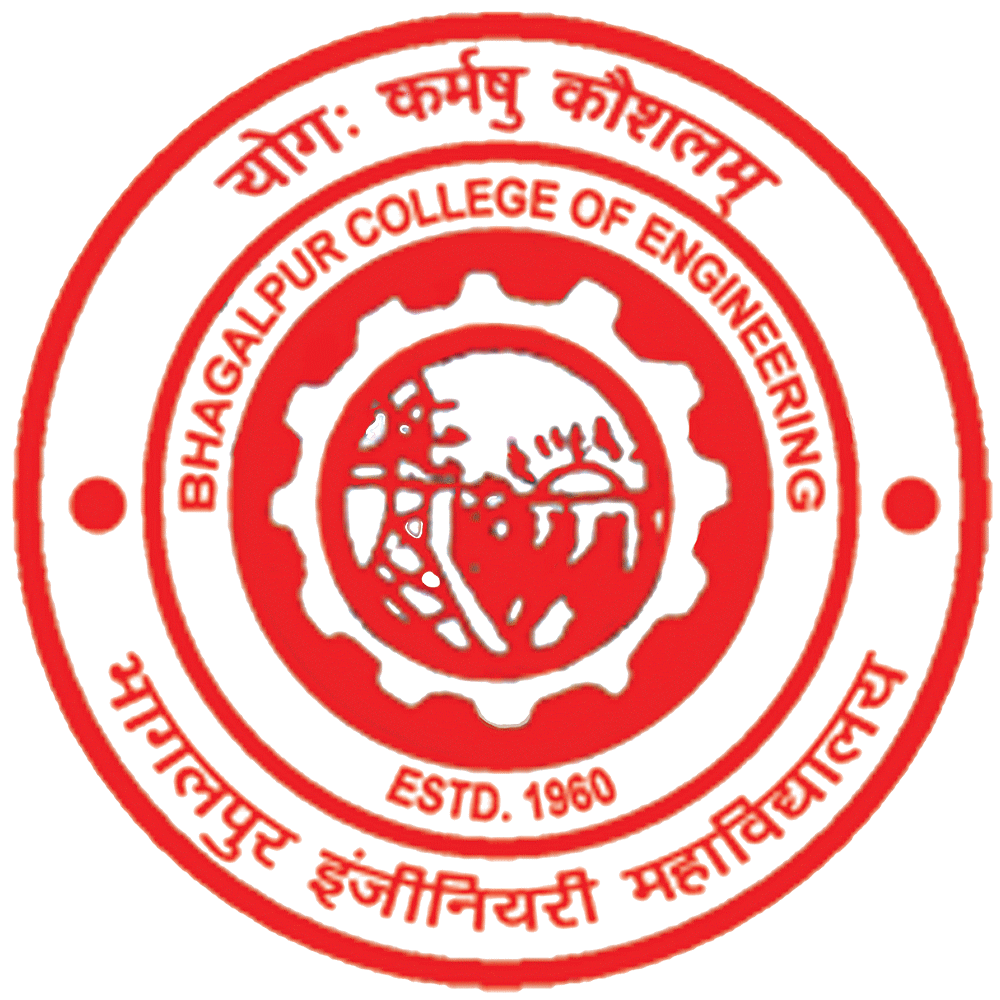PROGRAM EDUCATIONAL OBJECTIVES (PEO)
PEO-1: Graduates will be able to work in industries and government organizations with professional competence and administrative insight.
PEO-2: Graduates will be able to utilize their soft skills and knowledge for societal progress and will keep in pace with relevant advancements in industries/research by engaging themselves in lifelong learning.
PEO-3: Graduates will be able to communicate effectively, adopt lifelong learning, act with Integrity and have inter-personal skills needed to engage, lead and nurture diverse teams with commitment to their ethical and social responsibilities.
PROGRAM OUTCOMES (PO)
PO-1 Engineering knowledge: Apply the knowledge of mathematics, science, engineering fundamentals, and an engineering specialization to the solution of complex engineering problems.
PO-2. Problem analysis: Identify, formulate, research literature, and analyze complex engineering problems reaching substantiated conclusions using first principles of mathematics, natural sciences, and engineering sciences.
PO-3. Design/development of solutions: Design solutions for complex engineering problems and design system components or processes that meet the specified needs with appropriate consideration for the public health and safety, and the cultural, societal, and environmental considerations.
PO-4. Conduct investigations of complex problems: Use research-based knowledge and research methods including design of experiments, analysis and interpretation of data, and synthesis of the information to provide valid conclusions.
PO-5. Modern tool usage: Create, select, and apply appropriate techniques, resources, and modern engineering and IT tools including prediction and modeling to complex engineering activities with an understanding of the limitations.
PO-6. The engineer and society: Apply reasoning informed by the contextual knowledge to assess societal, health, safety, legal and cultural issues and the consequent responsibilities relevant to the professional engineering practice.
PO-7. Environment and sustainability: Understand the impact of the professional engineering solutions in societal and environmental contexts, and demonstrate the knowledge of, and need for sustainable development.
PO-8. Ethics: Apply ethical principles and commit to professional ethics and responsibilities and norms of the engineering practice.
PO-9. Individual and team work: Function effectively as an individual, and as a member or leader in diverse teams, and in multidisciplinary settings.
PO-10. Communication: Communicate effectively on complex engineering activities with the engineering community and with society at large, such as, being able to comprehend and write effective reports and design documentation, make effective presentations, and give and receive clear instructions.
PO-11. Project management and finance: Demonstrate knowledge and understanding of the engineering and management principles and apply these to one’sown work, as a member and leader in a team, to manage projects and in multidisciplinary environments.
PO-12. Life-long learning: Recognize the need for, and have the preparation and ability to engage in independent and life-long learning in the broadest context of technological change.
PROGRAM SPECIFIC OUTCOMES (PSO)
PSO-1. Electrical Engineering Skills: Ability to design, formulate, analyze and solve problems in the field of Electrical Engineering by applying knowledge acquired from electrical power systems, electrical machines, control systems, electrical drives, power electronics and field theory.
PSO-2. Interdisciplinary Knowledge: Competency to relate engineering attitude to societal issues with commendable scientific and engineering fundamentals knowledge required to solve Electrical Engineering problems.
PSO-3. Professional Development and Leadership Skills: : Proficiency to excel in current technologies, probable future technological advances & contribute actively to the field of Electrical Engineering with acquired ethical attitude, communication skills, teamwork skills and entrepreneurial thinking.

